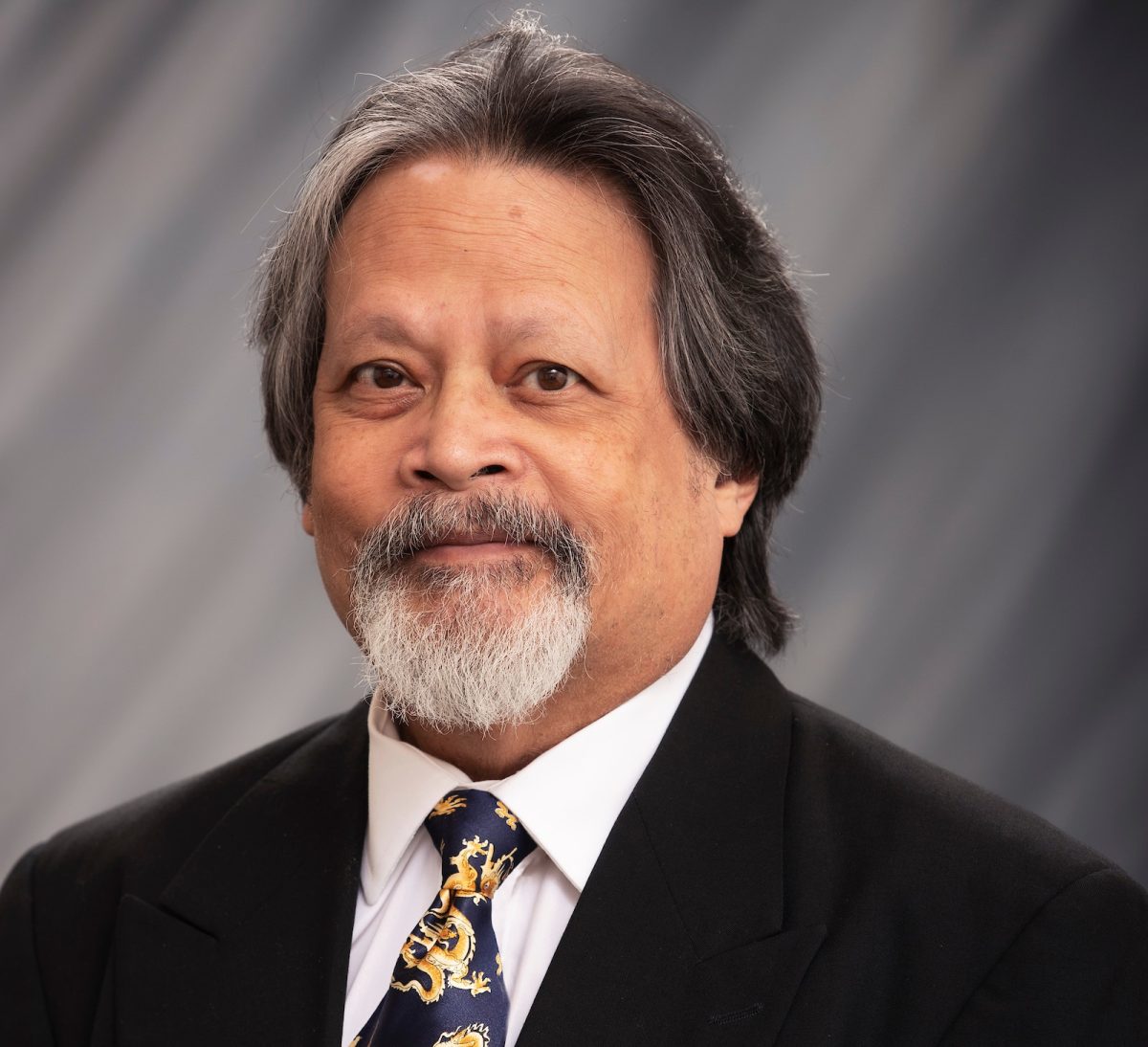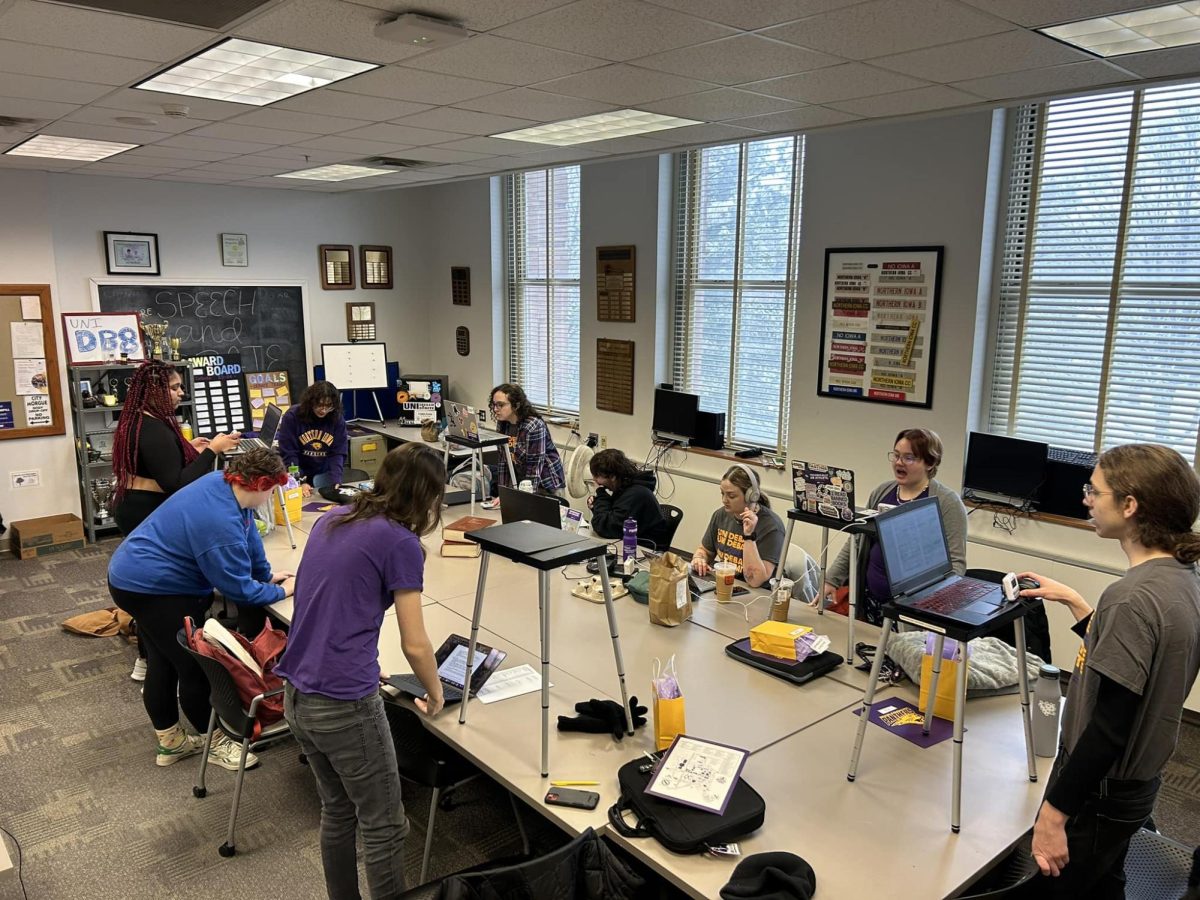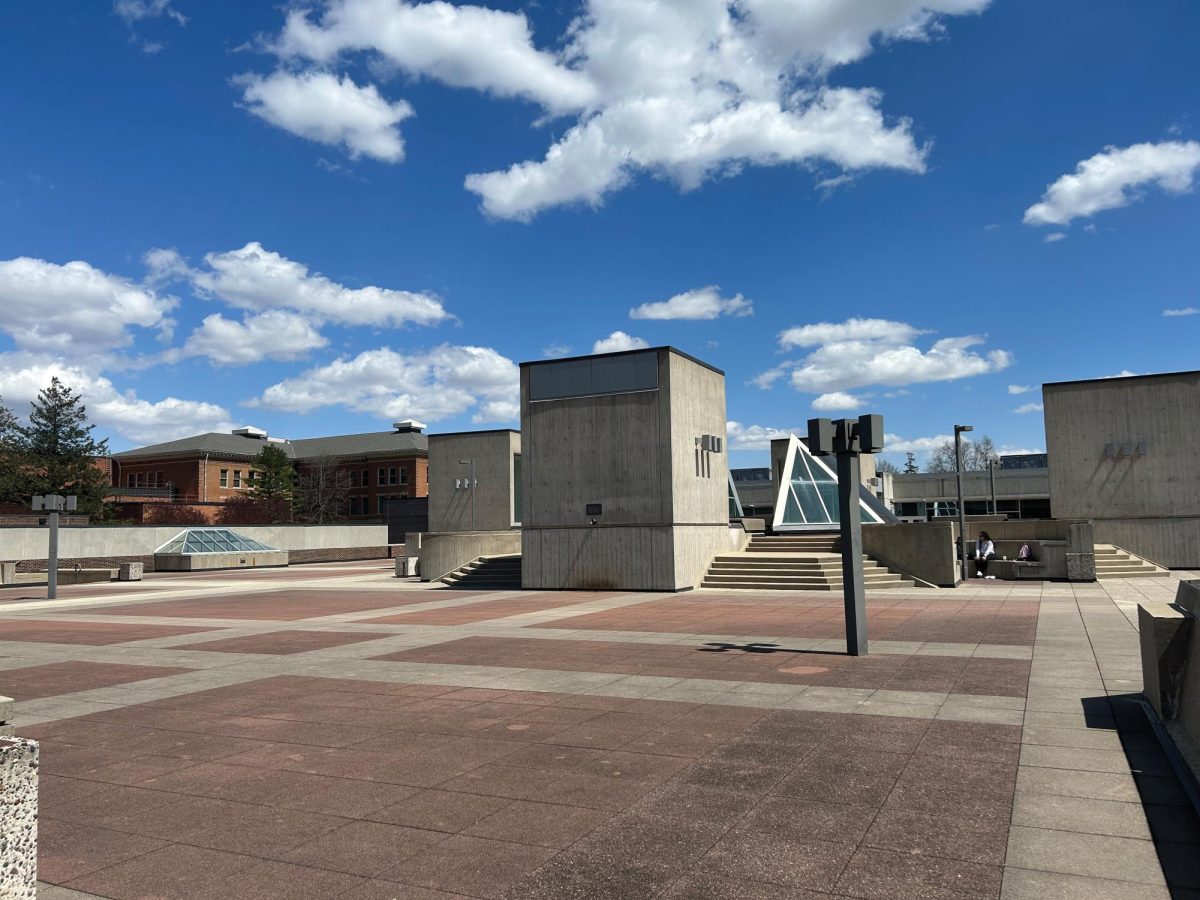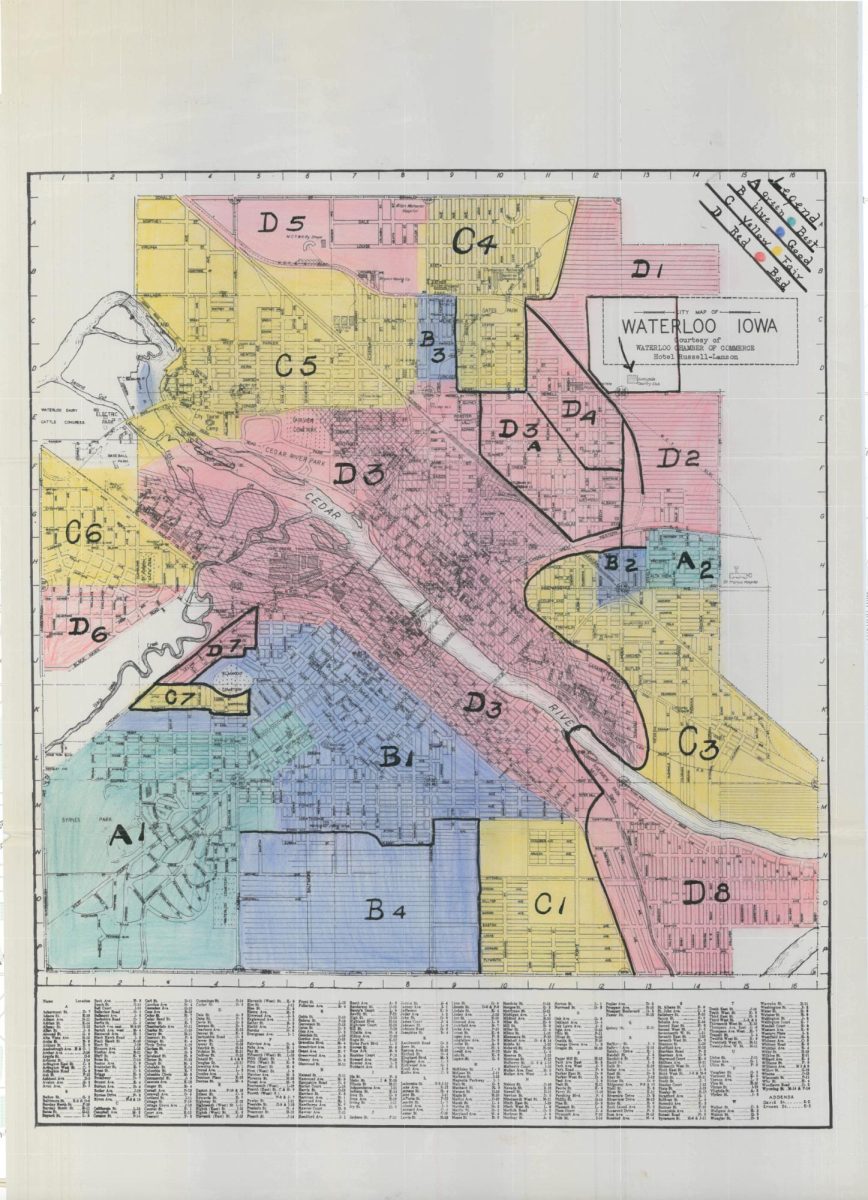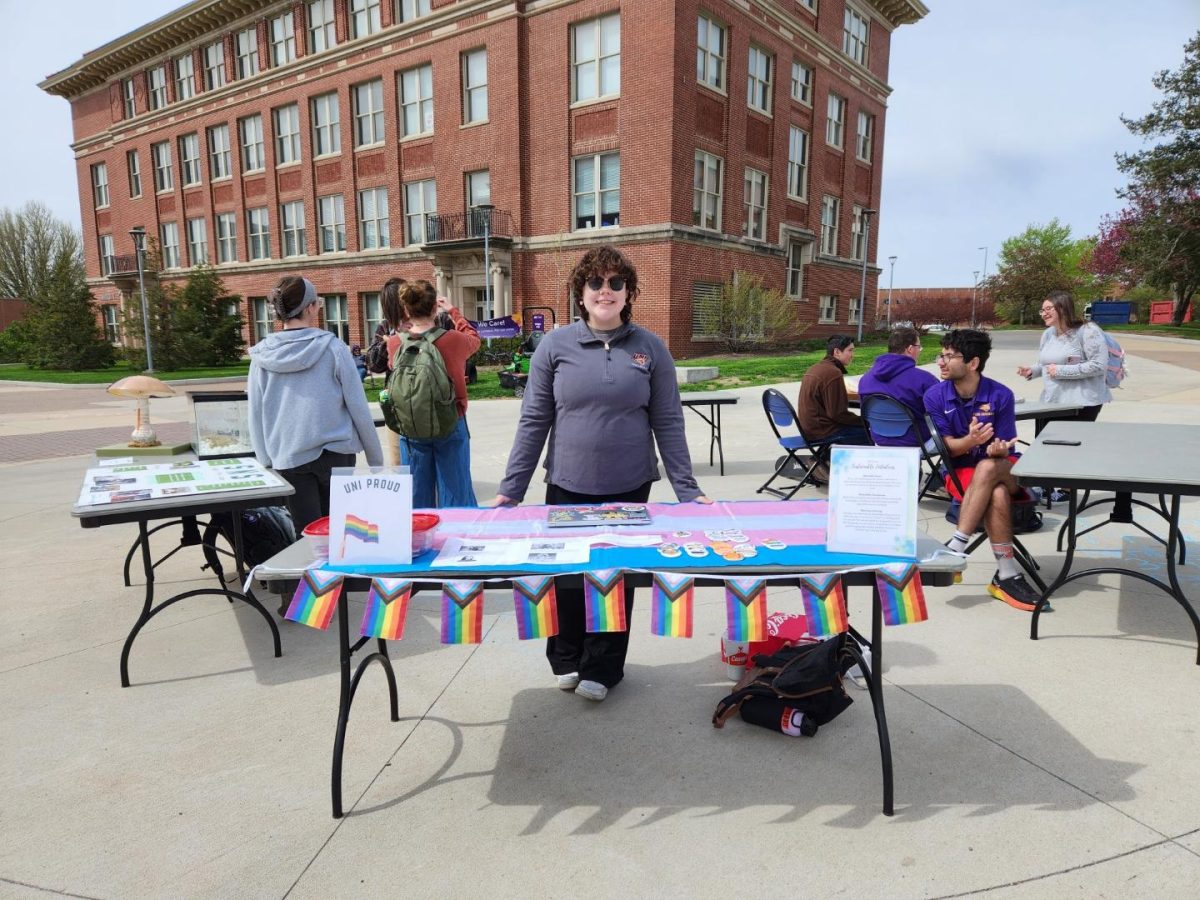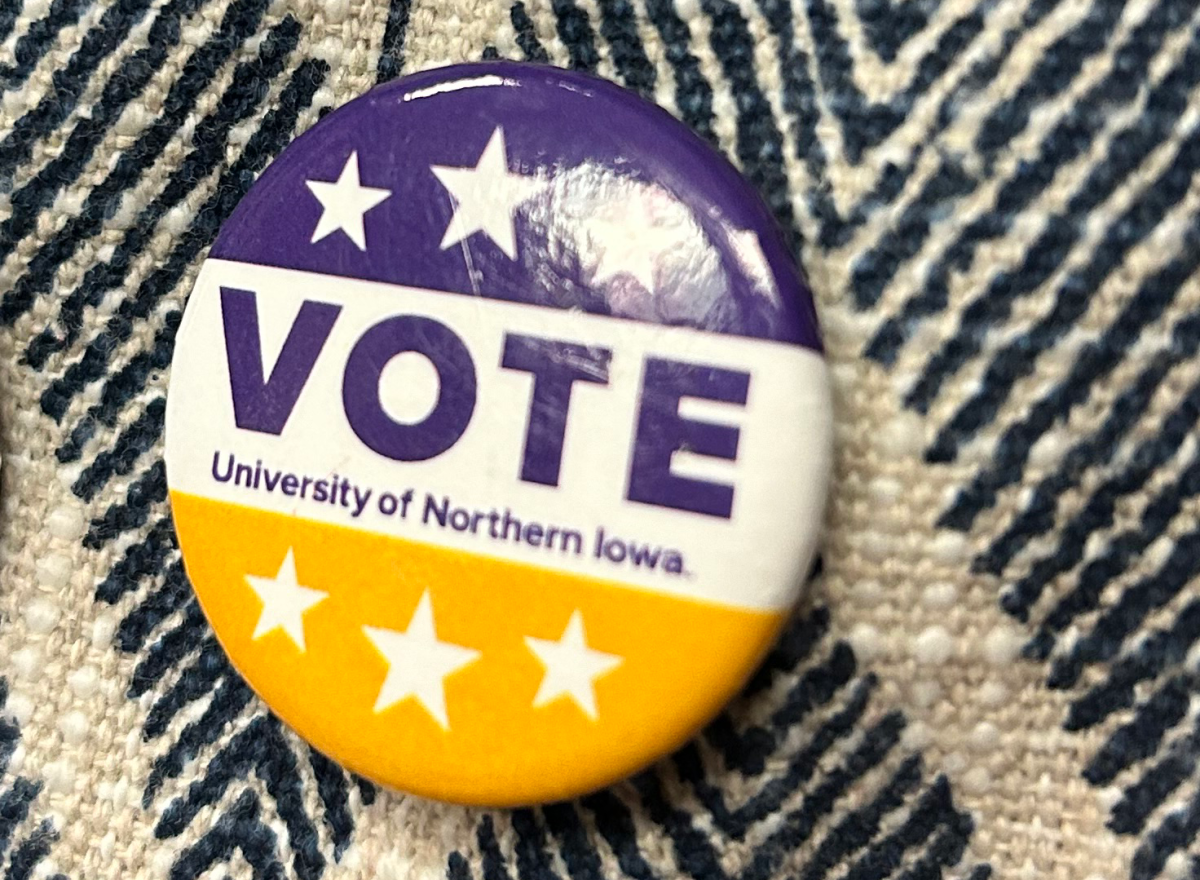This weekend, I was at a conference and attended a workshop called Queering Disability. As I arrived in the workshop room, I noticed the presenter, who had a visible disability, sitting on the stage instead of presenting on it.
Somehow the conference committee had failed to notice they booked his workshop in a room with an inaccessible stage (one could only get onstage by using stairs). The irony of the situation showed an ugly part of our society: we are failing to accommodate people with disabilities.
Many dont see the need for accommodation because they fail to acknowledge disabilities that are invisible. The definition of disability is broad. A lot of people immediately think of a person in a wheelchair when they think of people with disabilities, but this is a narrow view.
The Americans with Disabilities Act defines disability as having a physical or mental impairment that substantially affects one or more major life activities. This definition includes visible disabilities as well as invisible disabilities, such as mental illness.
People often harshly judge those whose disabilities arent visible, sometimes even publicly mocking them. The assumption that only visible disabilities exist is harmful to people with disabilities, and we need to broaden our view to stop shutting them out.
Sometimes I see problems with accessibility at UNI. When UNI Prouds office was placed in the Purple Pen room in Maucker Union for a year, we quickly noticed it was not accessible to everyone. The only way to get to the room was by using stairs.
Soon after, we started noticing there were many other places on campus with limited accessibility. When our sidewalks are not properly plowed, the snow can get caught in the wheels of a wheelchair, which makes movement difficult. I have rarely seen sign language interpreters at UNI events. I see strobe lights at our dances more often than not, which can be a hazard to people with photosensitive epilepsy.
We arent the most inaccessible campus, but we arent the most accessible either. We keep operating on the assumption that someone with a disability should be present before we set up accommodations. We should be setting up accommodations regardless of who is present, so that all students really are welcome at our events.
According to the 2010 U.S census, 19 percent of the population had a disability. When such a large percentage of the population is affected by a disability, there is no excuse for widespread ignorance of their needs.
When we classify disability related needs as special, we think of accommodating them as a special circumstance. However, accommodating people shouldnt be a special circumstance; it should be something we do every day without hesitancy. A need is a need, and it should be accommodated.


